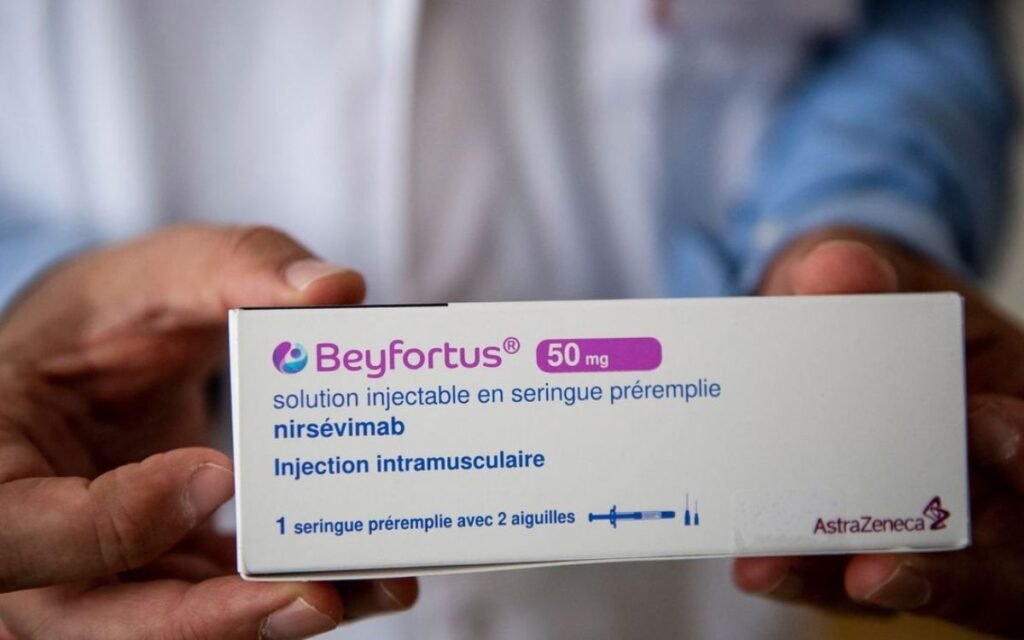Shortly after Sanofi and AstraZeneca secured a significant FDA approval for their respiratory syncytial virus (RSV) antibody, Beyfortus, the highly anticipated prophylactic is already facing a scarcity issue.
The Centers for Disease Control and Prevention (CDC), in response to this shortage, has issued an advisory urging doctors to prioritize the available Beyfortus 100-mg doses for infants at the highest risk of severe RSV disease. This recommendation encompasses infants under the age of six months and those with underlying health conditions.
Sanofi is actively collaborating with the CDC to ensure an equitable distribution of Beyfortus and has attributed the supply constraints to an unexpectedly high demand, as stated in their official communication. Interestingly, this scarcity occurs despite an “aggressive supply plan” specifically designed to surpass the performance of previous pediatric vaccine launches.
“We are working with our alliance partner in charge of manufacturing, AstraZeneca, to accelerate additional supply and explore a number of actions to extend the manufacturing network.”
– Sanofi
Beyfortus received FDA approval in July, serving as a passive immunization method for RSV-related lower respiratory tract diseases in newborns and infants entering their first RSV season, as well as young children up to 24 months old who remain susceptible to the virus through their second season. Sanofi’s global RSV franchise head, Kimberly Tutwiler, had previously mentioned in June that manufacturing of Beyfortus was already underway for the US, with the expectation of meeting the demand for the upcoming season.
Also Read: Beyfortus: A Breakthrough RSV Shot For Infants Approved By CDC
As the inaugural solution of its kind, Beyfortus garnered substantial anticipation even before its official approval. During the June announcement, Tutwiler highlighted Sanofi’s engagement with physicians and public health experts who had been eagerly awaiting an RSV solution for the broader infant population for decades.
In the context of the RSV season commencing, Pfizer’s Abrysvo emerges as an alternative prophylactic option. This vaccine is recommended for individuals between 32 and 36 weeks pregnant to safeguard infants against RSV-related lower respiratory tract diseases throughout the initial six months of their lives. Notably, Pfizer’s Abrysvo received approval shortly after Sanofi and AstraZeneca’s green light.
The demand for Beyfortus underscores the pressing need for effective RSV prevention, setting the stage for a dynamic landscape in the fight against this challenging virus.





























